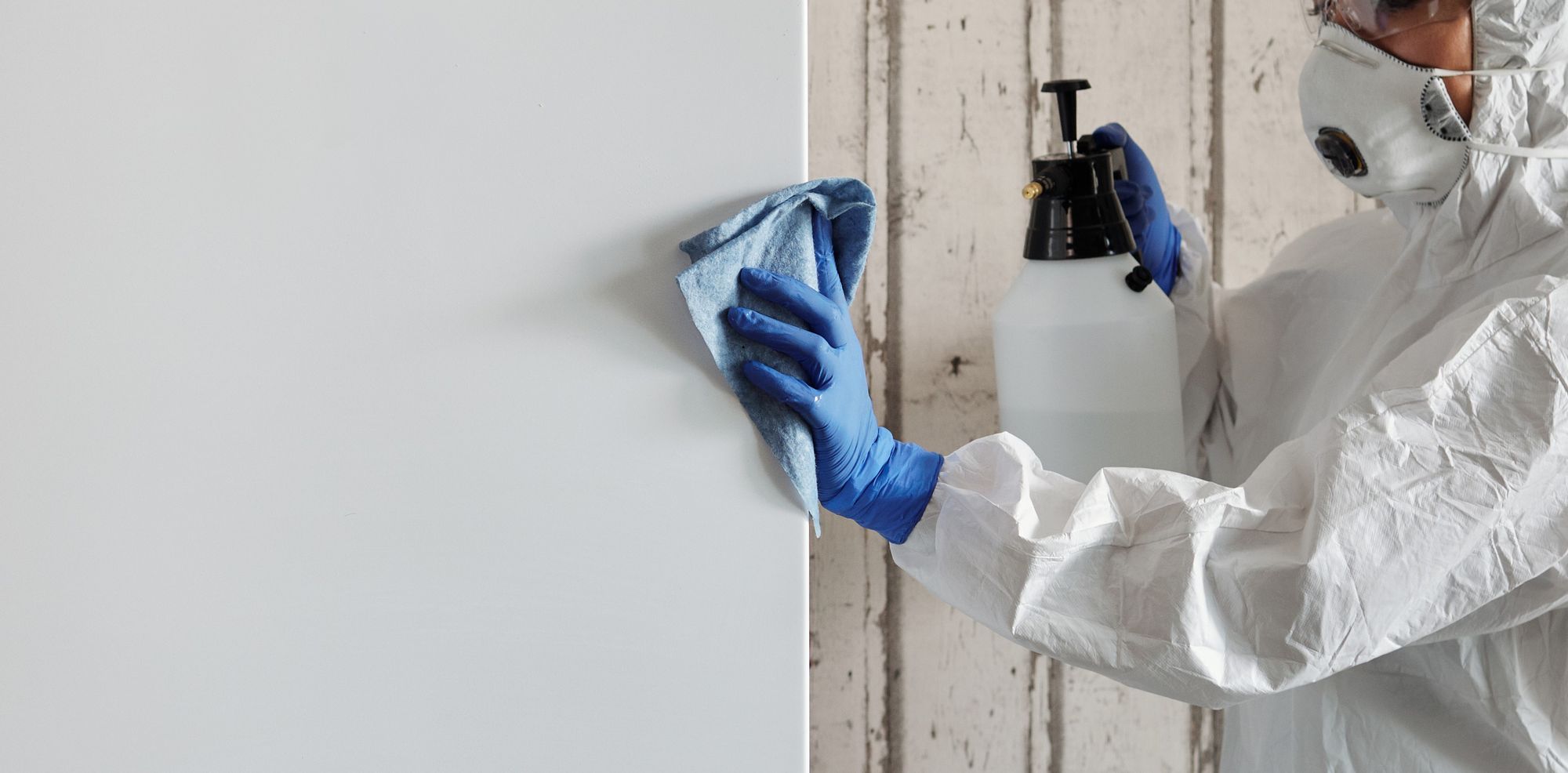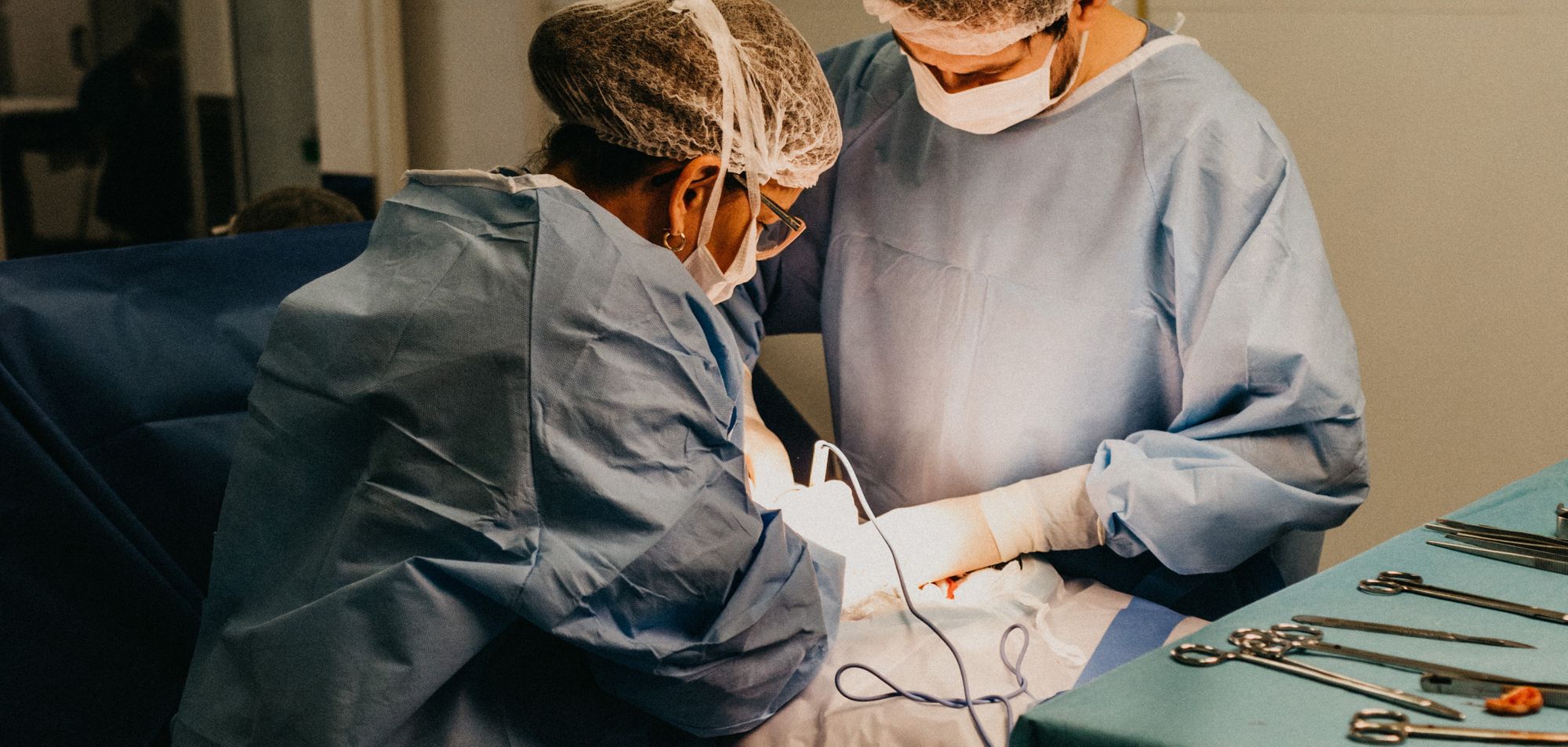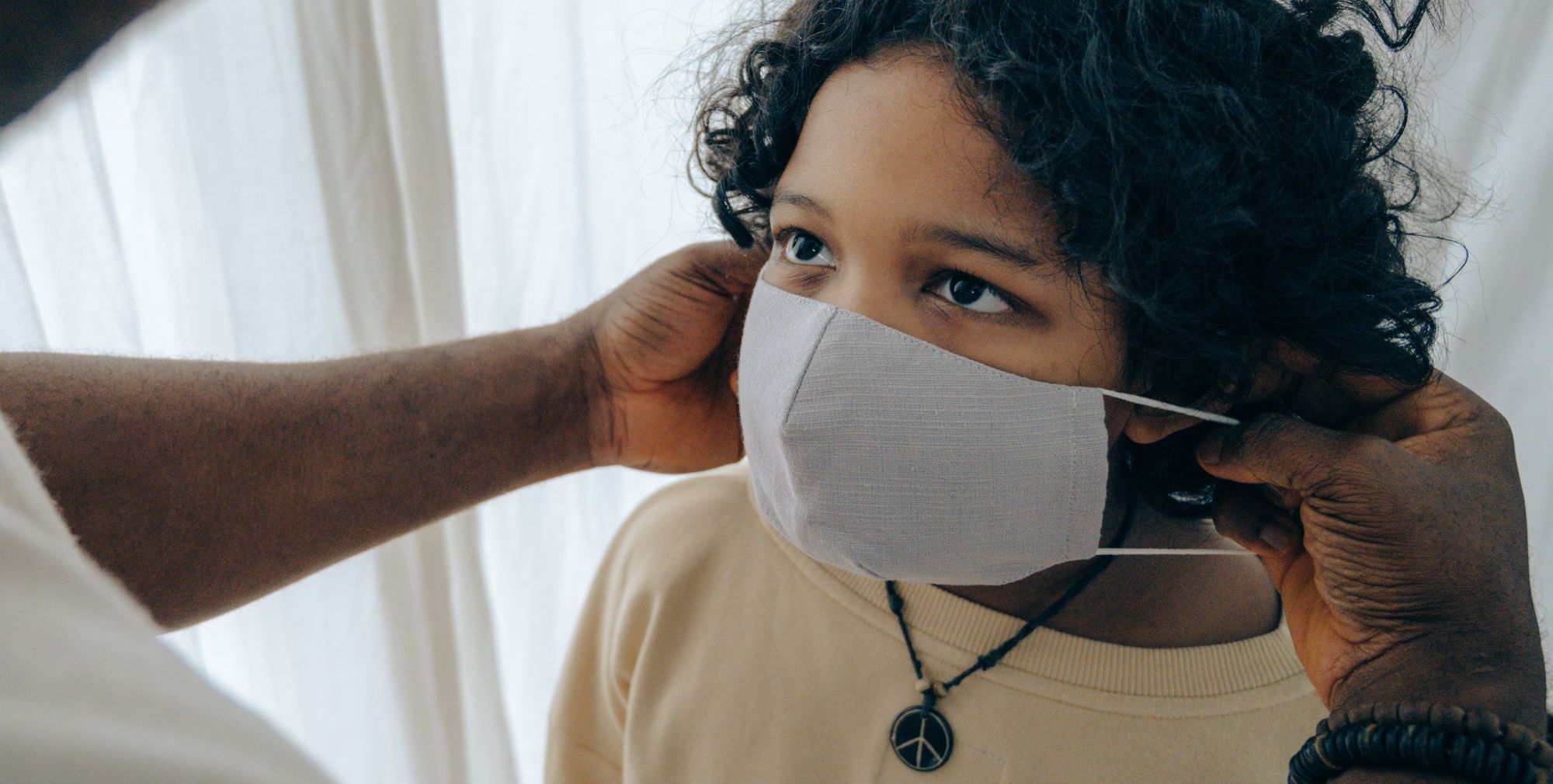Nanotechnology has made countless improvements to products in manufacturing, in paints, in plastics, in electronics, in pharmaceuticals, in construction materials, and in cosmetics. But it may come as a surprise to many to learn that the Czech Republic is home to some of the best advances in nanoparticles used for their disinfectant properties.
Even back in February 2017, Czech researchers from the Faculty of Technology, Tomas Bata University in Zlín were developing a ‘carbon-based nanocomposite material’ which could kill bacteria on contact.

The research was driven by the need to find a better way to kill bacteria, especially as the personal and financial costs of treating superbugs such as MRSA (Methicillin-resistant Staphylococcus aureus) is growing. As the Czech news journal iRozhlas reported at the time, “According to scientists, it is in hospitals that bacteria mutate more often and acquire resistance to existing drugs.”
“The human body is prone to damage from pathogenic microorganisms, especially in hospitals and clinics,” explained Marián Lehocký from Tomas Bata University. “Basically, ten percent of future healthcare costs will be incurred as a consequence of treatment for novel infections. We want to focus on making economic savings, so we are developing materials which should fundamentally help.”
The key to the breakthrough is creating a surface which is disruptive to the cells of pathogens but aren’t harmful to human cells. At the heart of that problem is that bacteria are innately designed to adapt to harsh and toxic environments, so what is required is a surface or product which contains particles so small that they are destroyed before they have time to mutate in a resilient way.
The result is nanoparticles that are able to replace disinfectants and antibiotics.
“We have already have a number of products,” Lehocký says, “especially disposable devices for use in hospital, but this project should move everything significantly further.”

Today, the need for keeping surfaces clean and microbe-free has never been more important.
Thankfully, Czech researchers and businesses are cooperating once again in developing a textile which can kill bacteria and viruses on contact.
The product is called NANO AB PP-25 and is based on embedding nanoparticles of copper, zinc, silver, gold, and cerium into fabric to give it anti-viral and anti-bacterial properties.
It is a technology devised by nanoparticle specialists and the Prague-based company AG CHEMI GROUP.
“We have developed nano technologies than can produce fabrics with active antimicrobial effects,” explains Igor Sevcenko, AG CHEMI GROUP’s CEO, “killing 99.99% of all known bacteria and virus.”
The new nanofabric can be made from both organic and synthetic materials, is washable, durable, and can be made into all manner items, such as hospital gowns, tablecloths, face masks, tea towels, cloth napkins, curtains, bed sheets and pillowcases, fabric for furniture, and cleaning cloths.

Production of this new material will hopefully begin before the end of the year. Which is good news for us all, considering that a vaccine or cure for COVID-19 still some way off.
Instead, disinfecting nanofabrics could take a major role in keeping people healthy. A sign that researchers and businesses everywhere are doing their bit to combat coronavirus.
Photo credit: Matilda Wormwood from Pexels, Polina Zimmerman from Pexels, Jonathan Borba from Pexels & Ketut Subiyanto from Pexels, Pexels